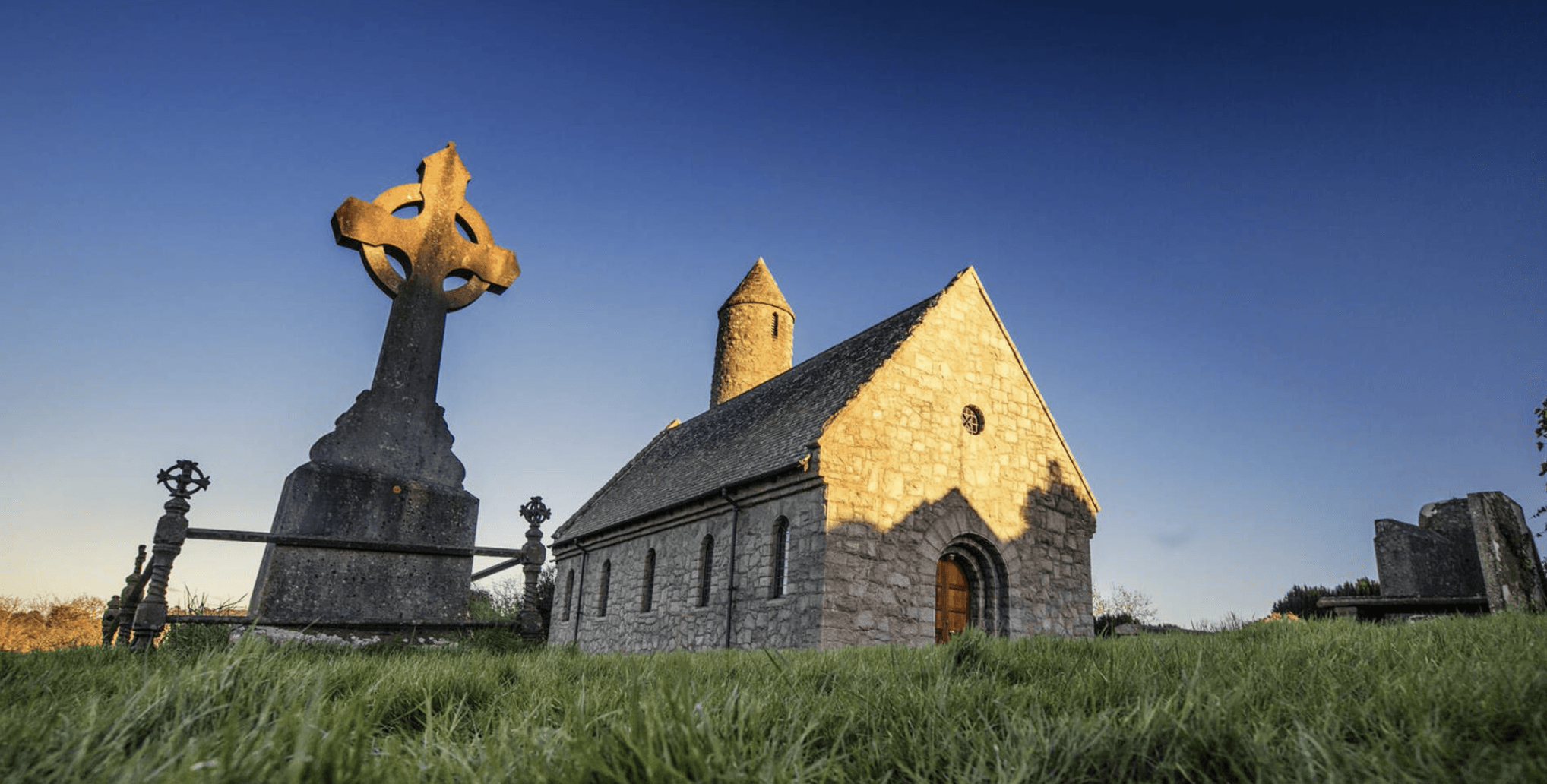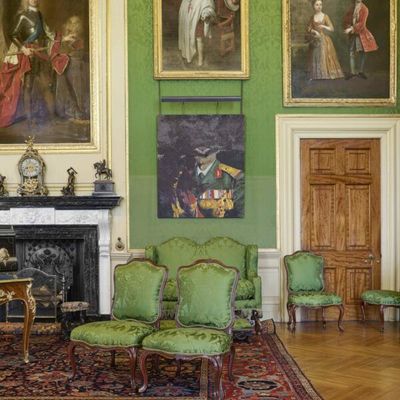THE Very Reverend Henry Hull calls it the cradle of Christianly in Ireland. Saul, a small church built on the site of Saint Patrick's first church among the County Down drumlins. Each year a minibus shuttle is put on from Down Cathedral to take pilgrims the few miles out to Saul.
This year the invited speaker was the Archbishop of Rwanda, the Most Reverend Laurent Mbanda, and he spoke about reconciliation. Those gathered were called on to live out the ministry of reconciliation – "Forgive us our sins as we forgive those who sin against us" – and replace our ego with compassion.
We were reminded that Saint Patrick was kidnapped, trafficked, escaped and later returned to Ireland. He never said: "I'll never forget what those people did to me, I'll show them, I'll never have anything to do with them." The challenge in forgiveness is not to harbour resentment.
The prayers that resonated strongly included: "We know that forgiveness can take time, it is a process. We pray for those who have hurt us that they would know your love, as well as those we need forgiveness from."
After the service, a short pilgrimage back into Downpatrick, stopping along the way to gather in groups and pray for various aspects of reconciliation. The one that a speaker found particularly difficult was to pray for politicians. He found this one perspective always got in the way, yet still he tried.
I've always had interesting conversations with people on the walk and as we came into Downpatrick past the leprechauns and up the hill to the Cathedral we were welcomed inside to the sound of a céilí band.
As Baroness Ritchie was welcomed from the podium, it was noted that other politicians who had joined the walk did not seem to make it to the cathedral, but if it was just that they were behind a pillar they were very welcome. The McCartney School of Dance skipped up the aisle and a Saint Patrick's Day prayer was said first in Irish and then English.
Another nice bilingual touch was you were invited to say the Lord's Prayer in any language you wished, while two people spoke in Irish and English simultaneously into the microphone.
As the Bishop of Rwanda spoke the gathered congregation listened carefully. Bishop Mbanda spoke of his country, one thousand miles of rolling hills and a history of conflict since 1959; a country which has risen from the ashes of genocide. A country where people will tell you that they shook hands with the devil. Yet it is a country that is experiencing peace, where killers and victims live side by side in villages, where the young people want to know what happened, yet do not want to hear. A place where when you ask a widow who has lost everything why she has given forgiveness, she says: "I have nothing only my forgiveness to give, and so I give it."
Bishop Mbanda spoke of the weight of harbouring a grudge that weighs down on your body, making it difficult sometimes to get out of bed in the morning; yet forgiveness is light, it lifts you up. He spoke of his son wanting to know what tribe he came from and being teased at school for not being able to say Tutsi properly. Of being a concerned aid worker before finding his calling in the Anglican communion.
In the footsteps of st Patrick Saul to Down Cathedral pic.twitter.com/D0DbEXldaV
— Bronagh Lawson (@CreativChangeNI) March 17, 2023
After the wreath-laying on St Patrick's grave, everyone was welcomed to stay to eat. It used to be free stew and apple tart in a marquee, but Covid changed that to a picnic lunch in the pews. While there was some banter about there being no sausage rolls in the picnic box, the generosity of the hosts was welcomed and the fact that there was no couscous salad would not deter anyone not coming back next year.
On Thursday, March 23 at 7pm Leaspáin by Susan Hughes opens in the main gallery at the Cultúrlann alongside Farhad O'Neill's 'Automatic Writing' in An Bialann. If you want to be part of the new Cumann na nEalaíontóirí – a creative practitioners' meet-up – you're welcome to gather in the room above the Cultúrlann main gallery from 5pm to 7pm before the exhibitions. Artists of every discipline are welcome to attend.







